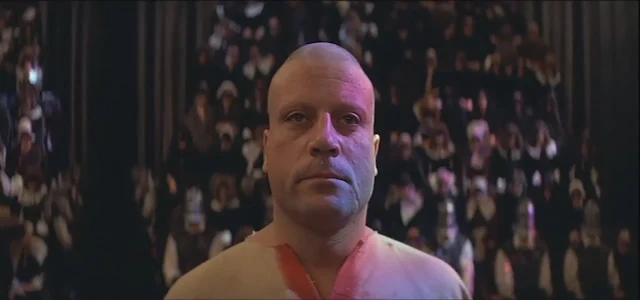 |
| James McAvoy and Keira Knightley in Atonement |
Atonement -- and I'm speaking here of Joe Wright's film and not the novel by Ian McEwan on which it's based -- tries to have it both ways: It provides both a happy ending in keeping with the lush, romantic production and a bleak surprise ending perhaps truer to the epic wartime sequence that interrupts the romance. But by doing so it demonstrates that what may work on the page as a provocative fable doesn't entirely work on screen. Both film and book ask a key moral and aesthetic question: Can art provide both truth and justice? Briony Tallis (Saoirse Ronan as a child, Romola Garai as a young woman, Vanessa Redgrave in old age) seeks redemption for a lie, but in the end she thinks she has achieved it by lying again, by writing a work of autobiographical fiction that is untrue to what actually happened. That moral conundrum comes as a kind of surprise at the very end of Wright's film, but it's anticipated on every page of McEwan's novel, a trick that can only be pulled in literature, where the unreliable narrator is a familiar device. There's a problem, too, in visualizing McEwan's story, where both the opulent country-house setting and the portrayal of the Dunkirk retreat, with its celebrated long traveling shot, tend to overwhelm the narrative and the depiction of the characters of Briony, Cecilia (Keira Knightley), and Robbie (James McAvoy). The actors, fine as they are, keep getting upstaged by the images. It's what it was called at the time, an "Oscar-bait" movie, and it won for Dario Marianelli's score, and picked up nominations for best picture, for Christopher Hampton's screenplay, Ronan's supporting performance, for Seamus McGarvey's cinematography, and for art direction and costumes.




























